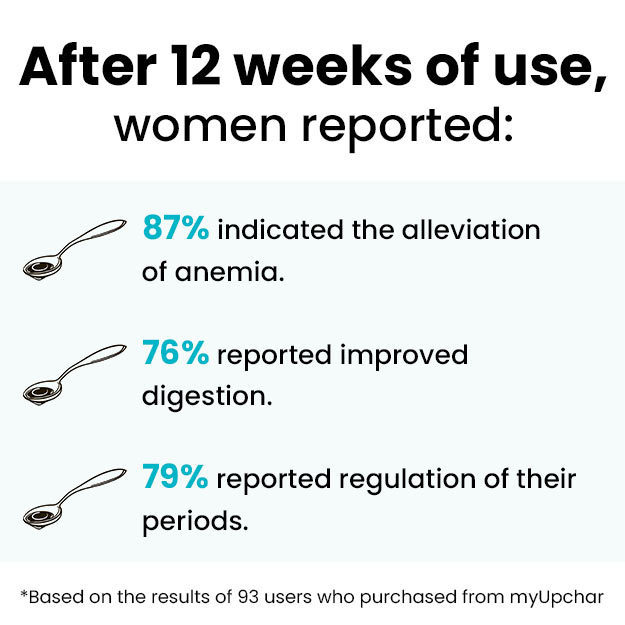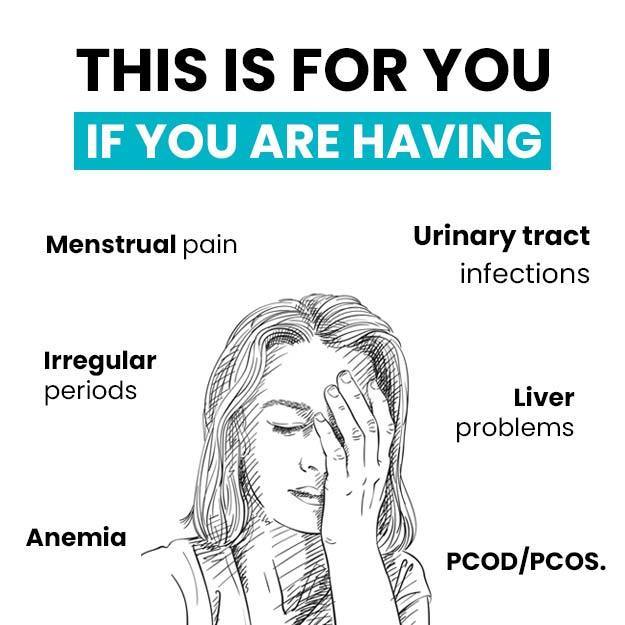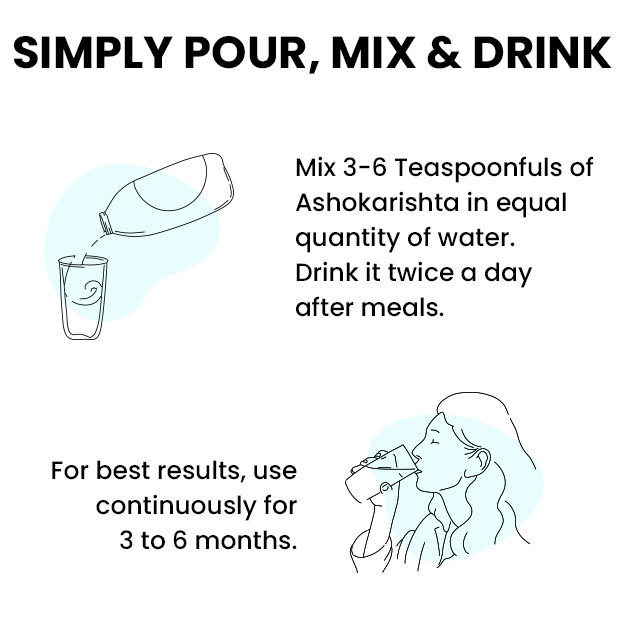What is Zinc Urine test?
Zinc urine test measures the amount of zinc your body is eliminating with urine.
Zinc is present in the body in trace amounts. It plays a vital role in maintaining immunity, enzyme activity, protein function and structure of proteins and nucleic acids (DNA and RNA). Most of the recommended daily requirement of zinc can be obtained from foods such as fish, meat, dairy products, vegetables and grains. It gets absorbed through the gut and is distributed to almost all cells in the body. Though our body does not store zinc. Almost all of the excess zinc is eliminated through urine.
So, checking for zinc urine levels helps determine if you are taking too much zinc.


































